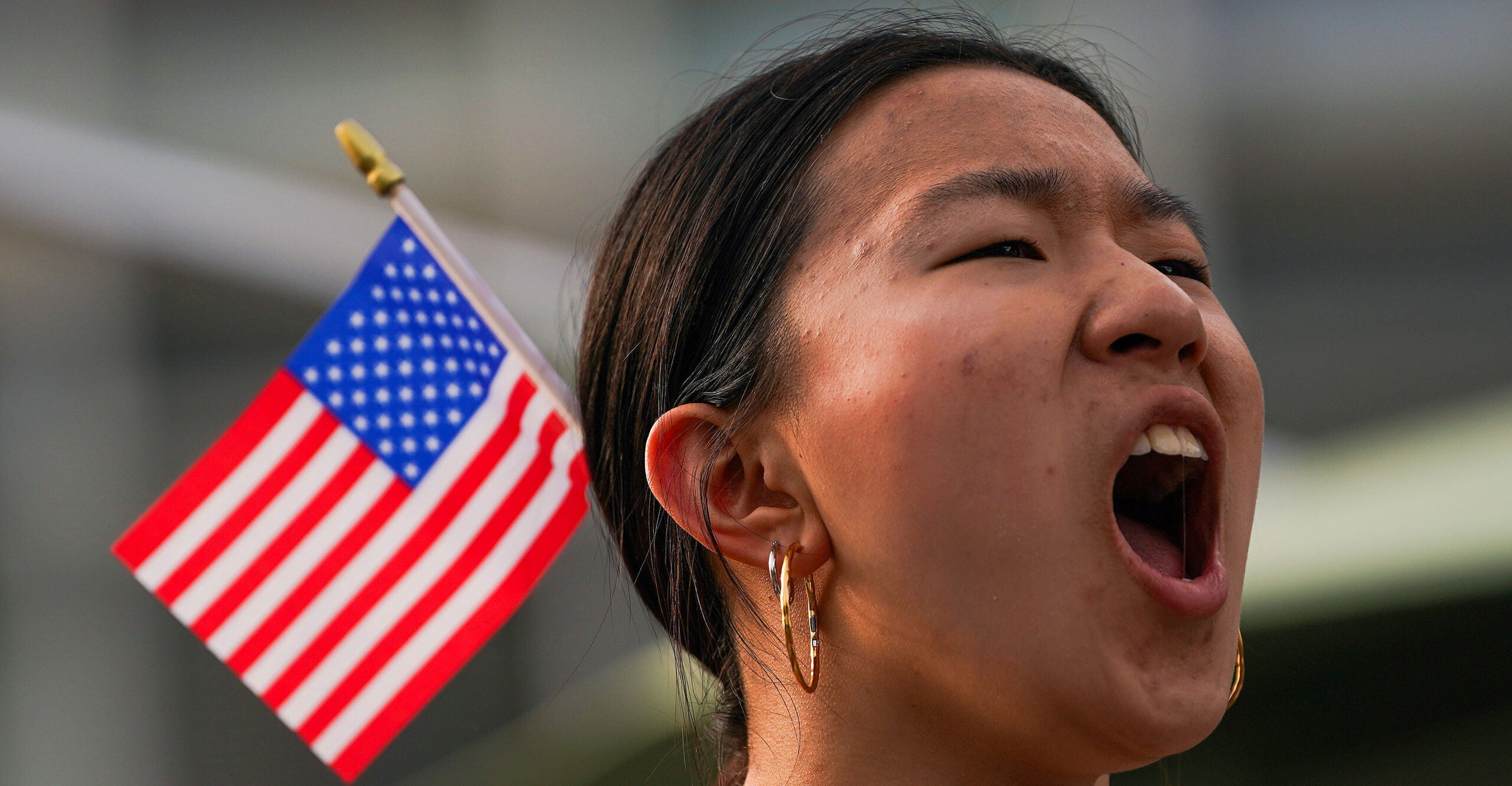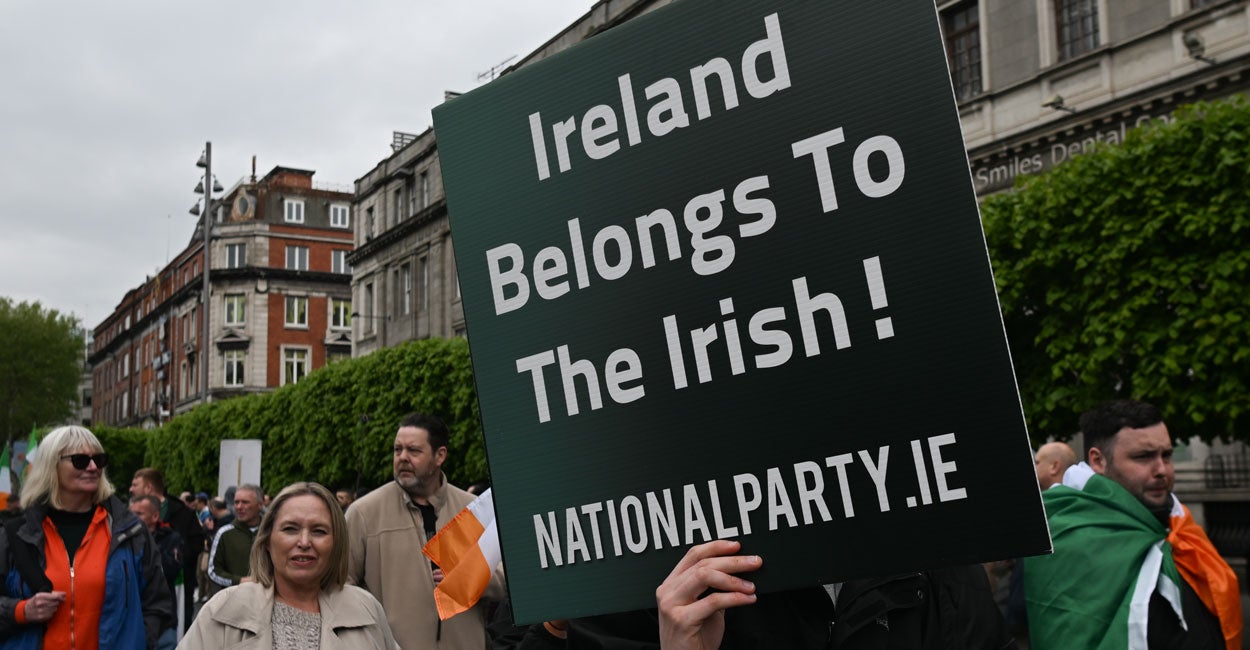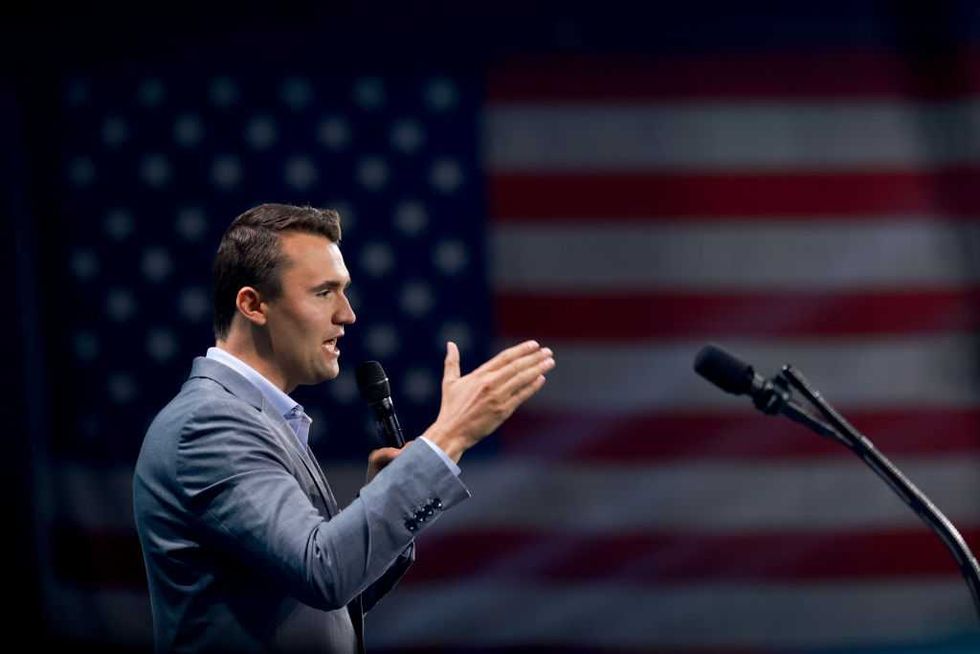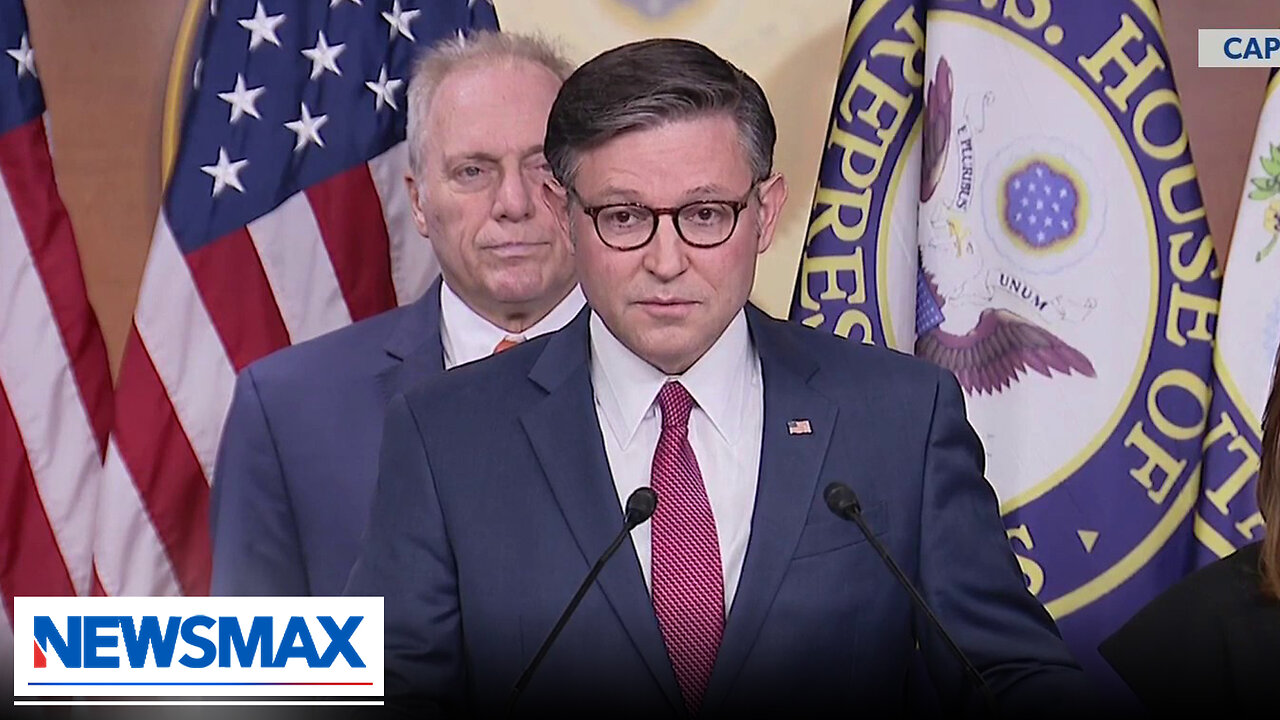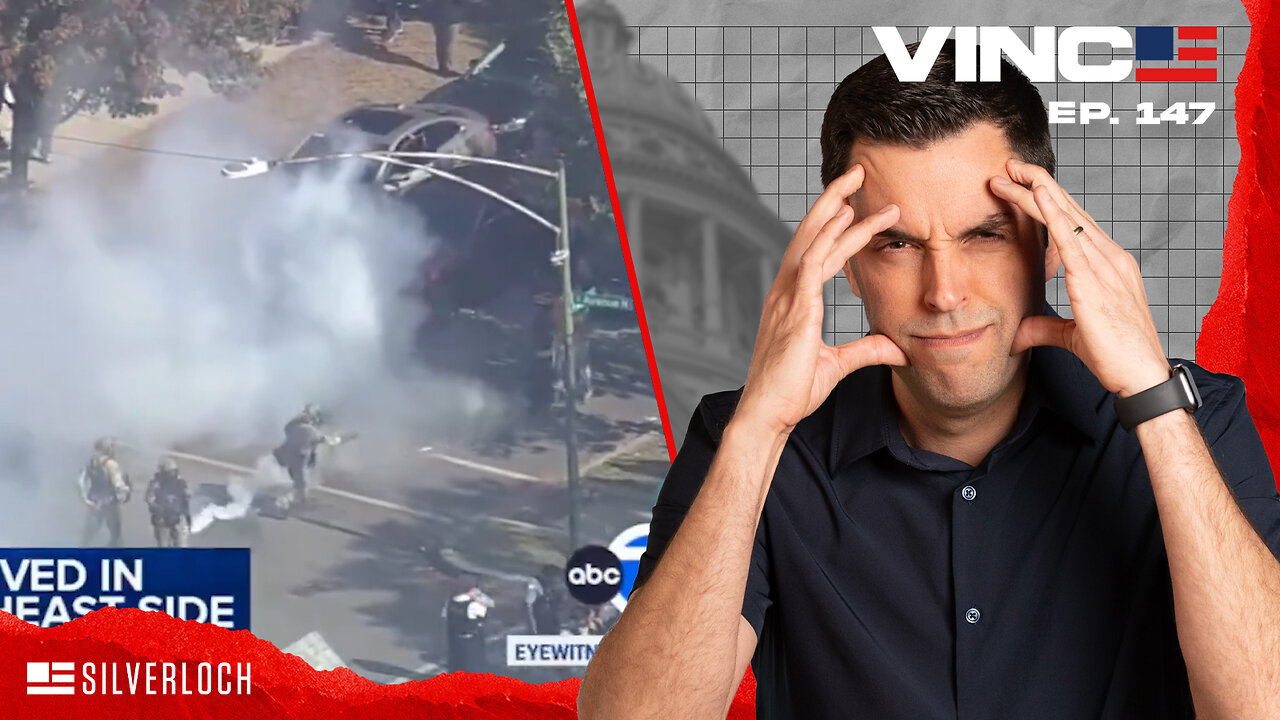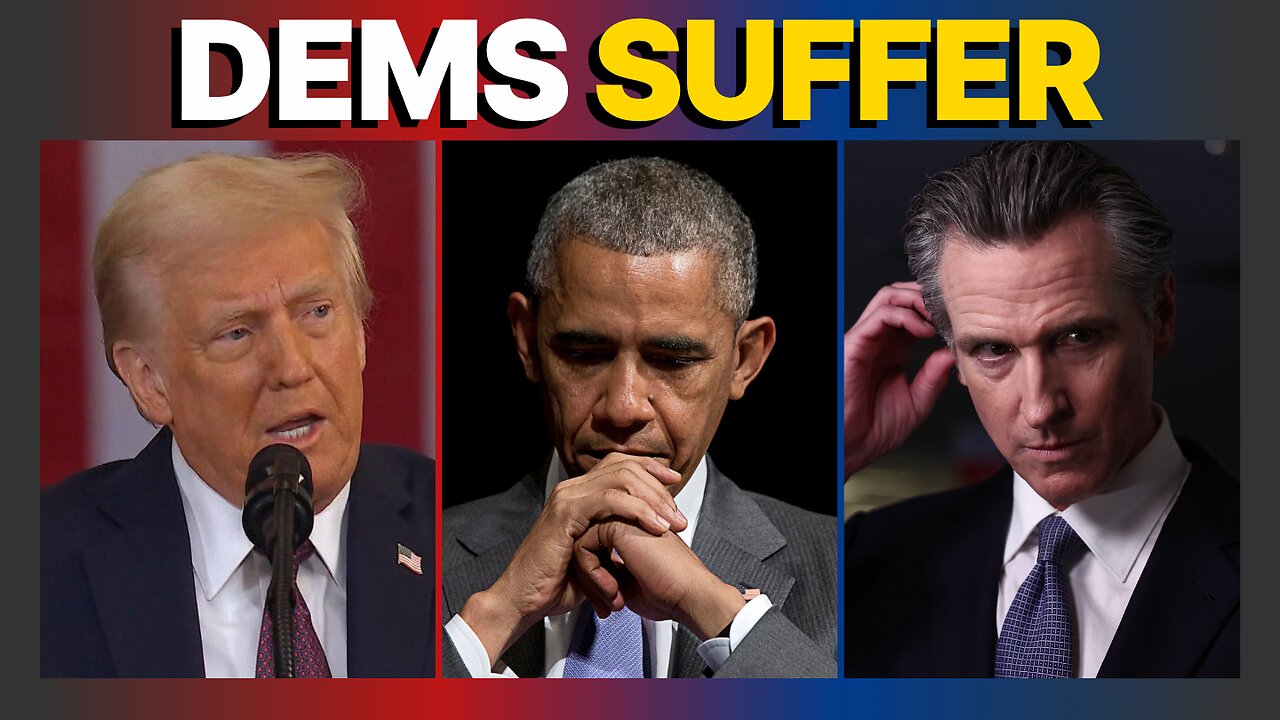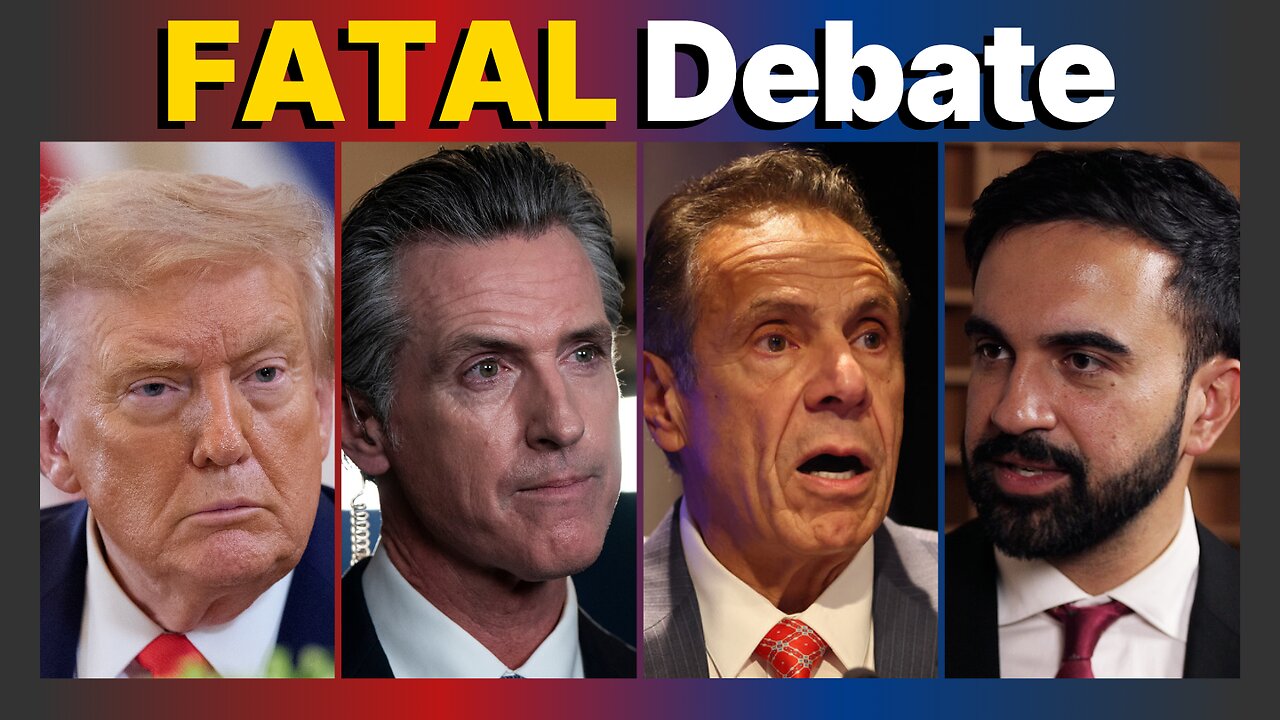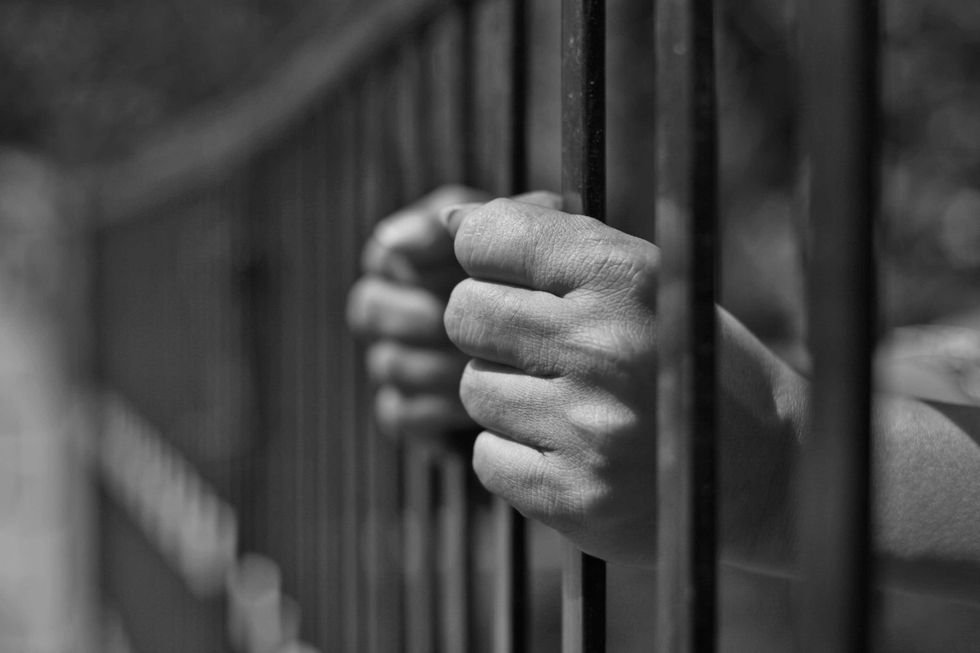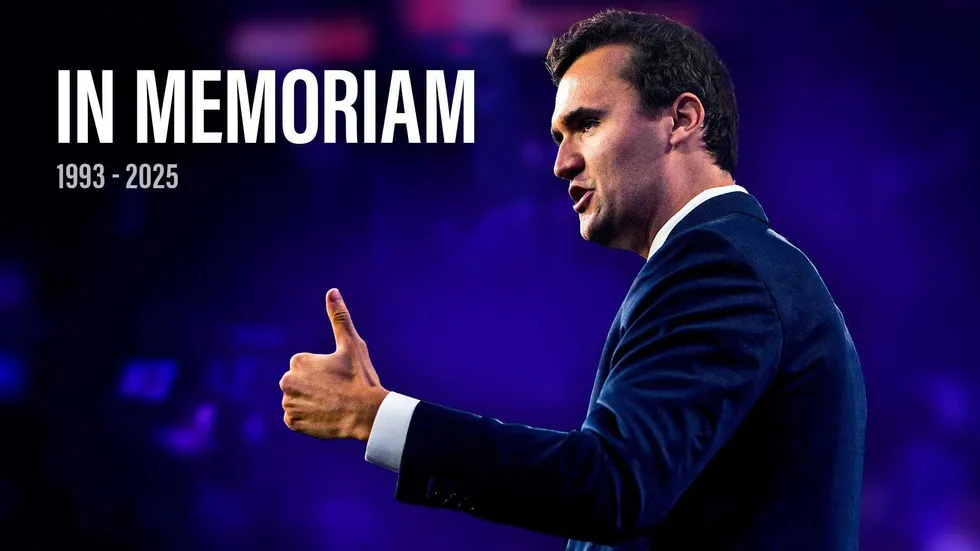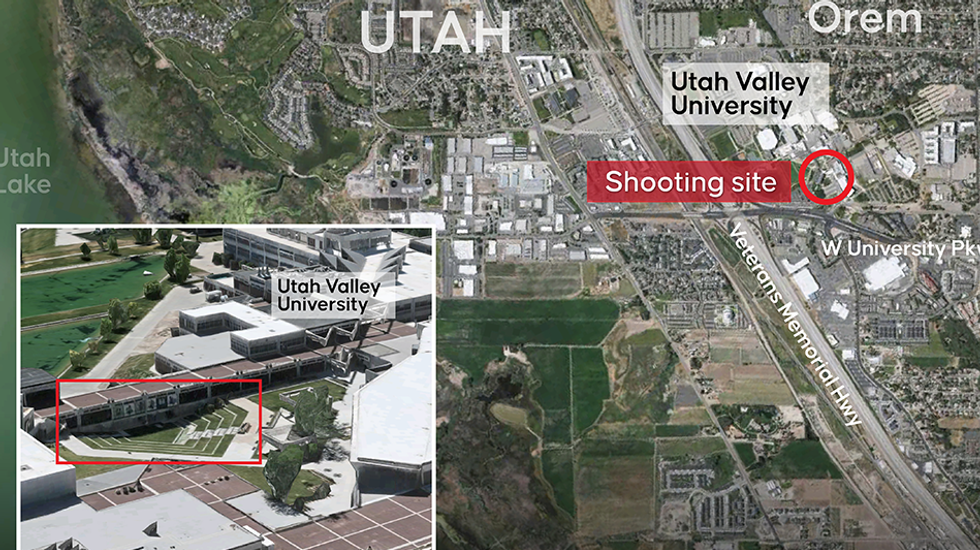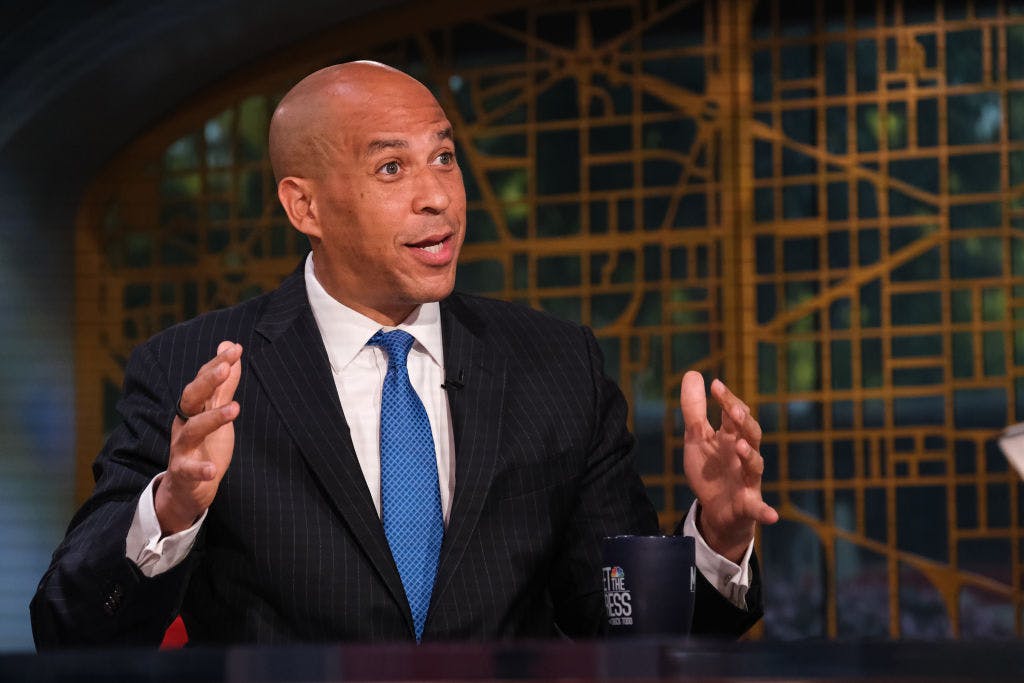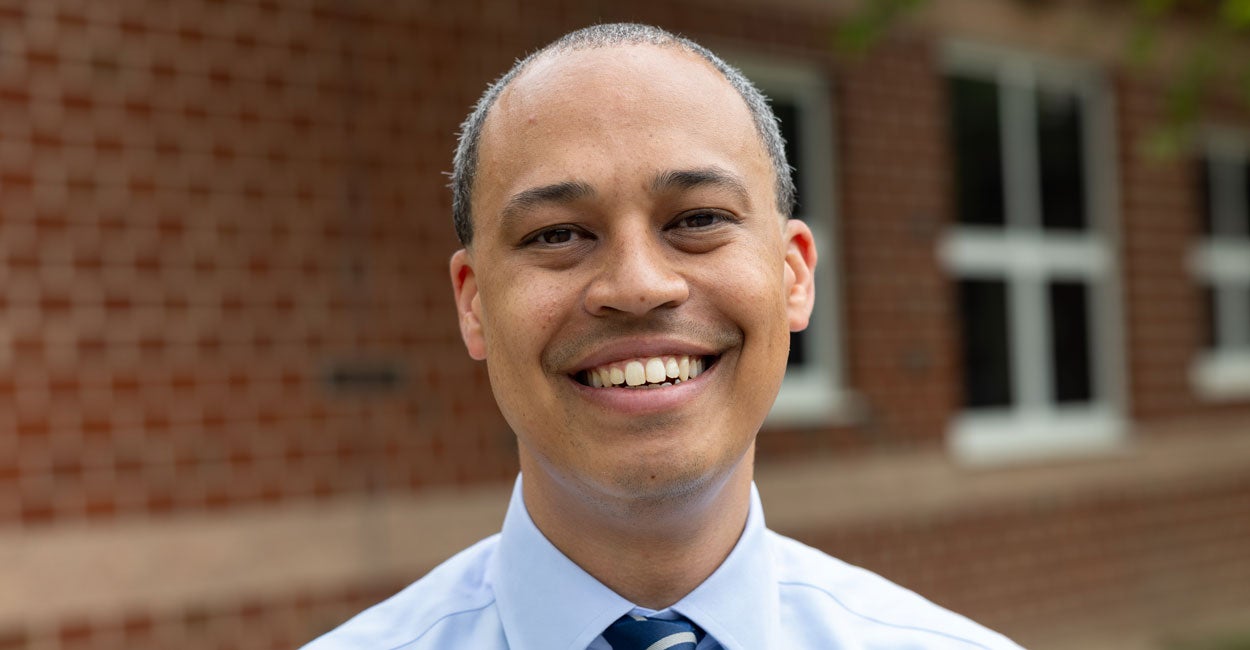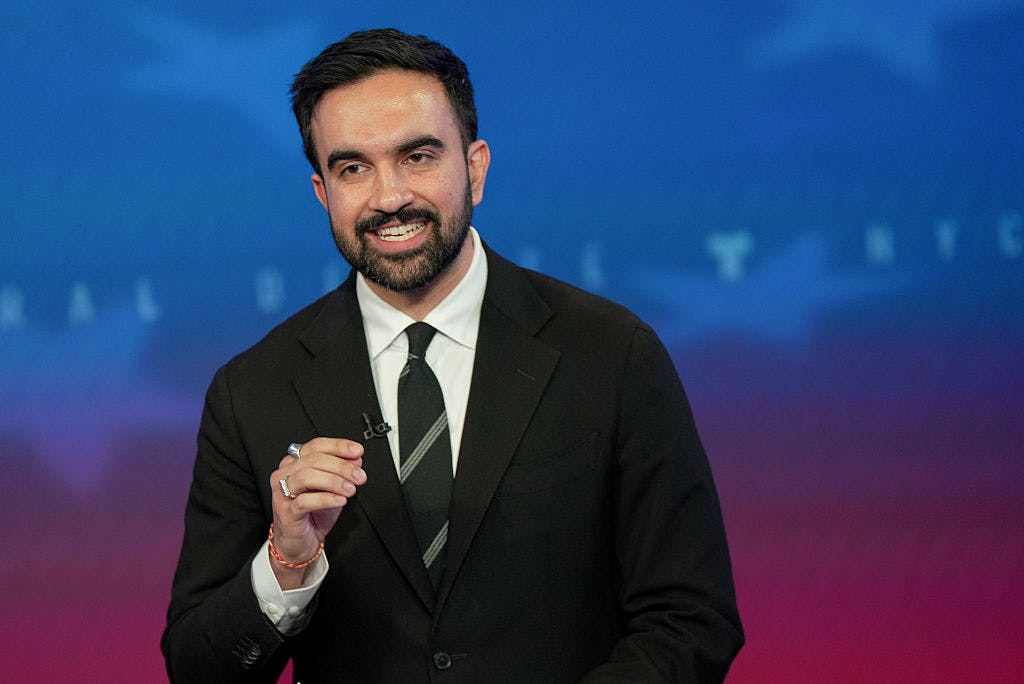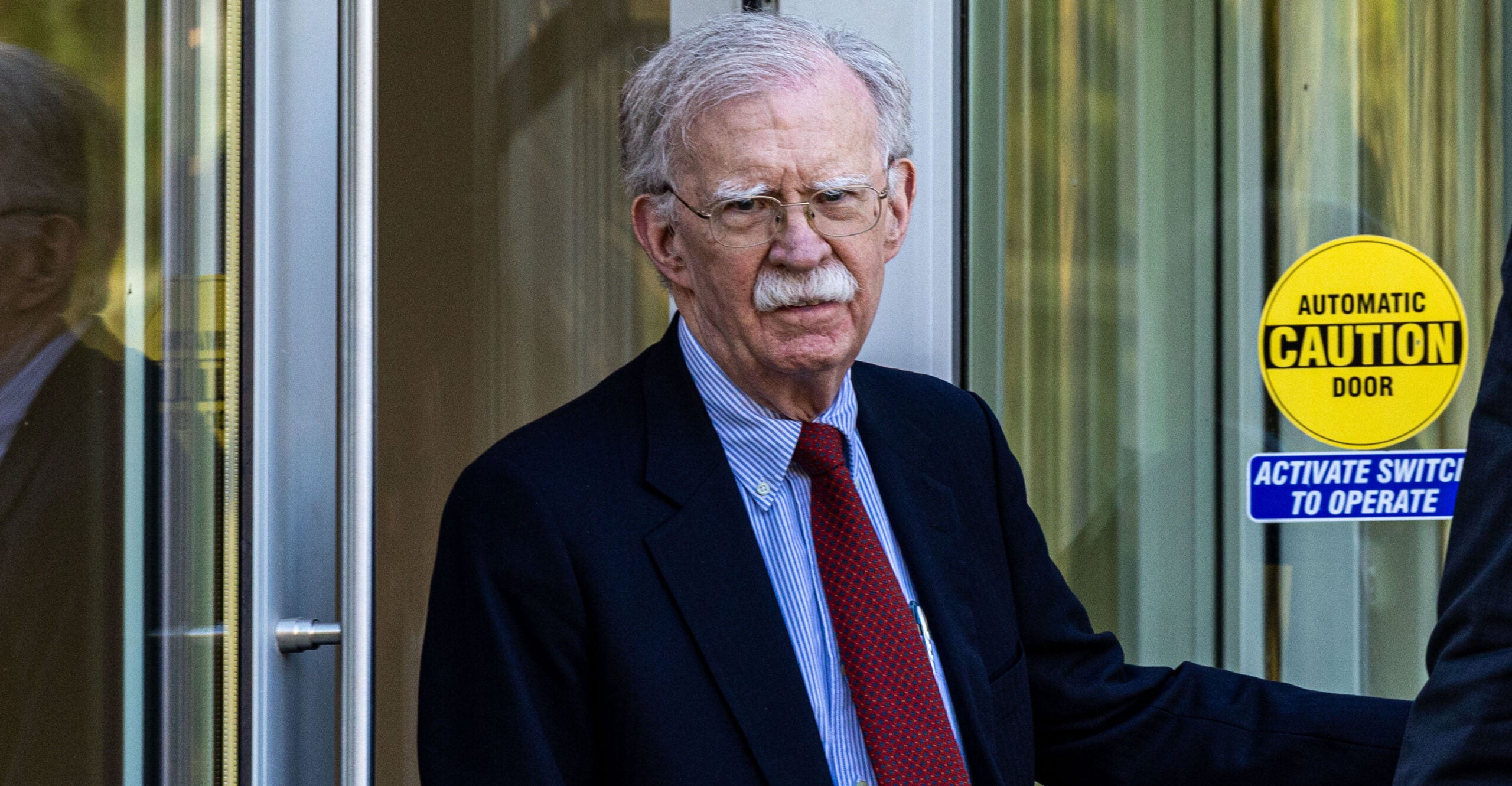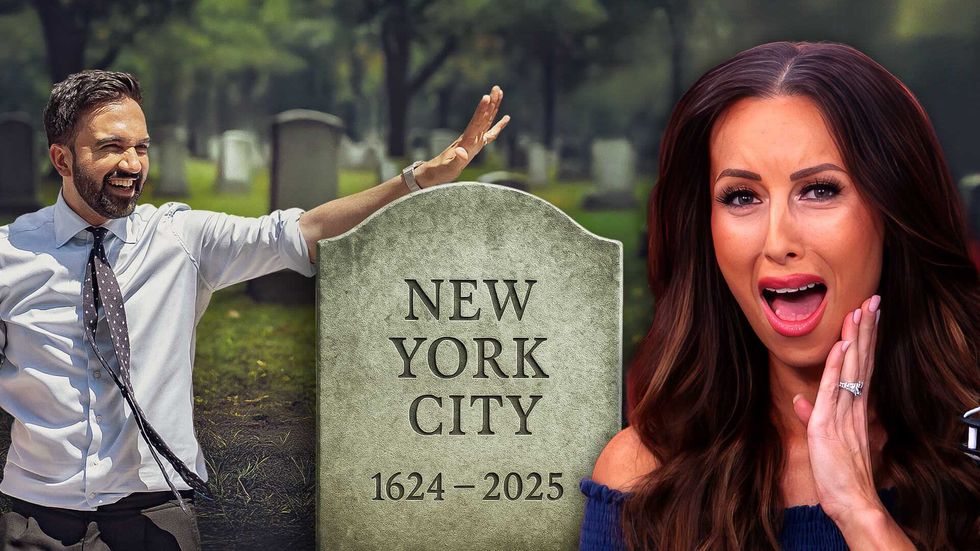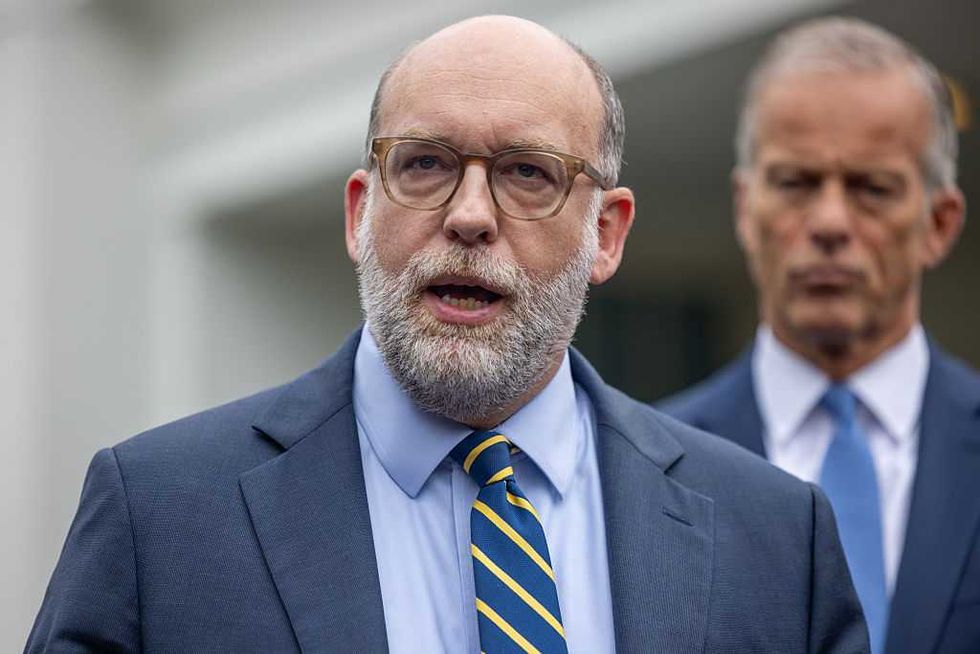Oklahoma Case Offers Supreme Court Chance to Benefit Families
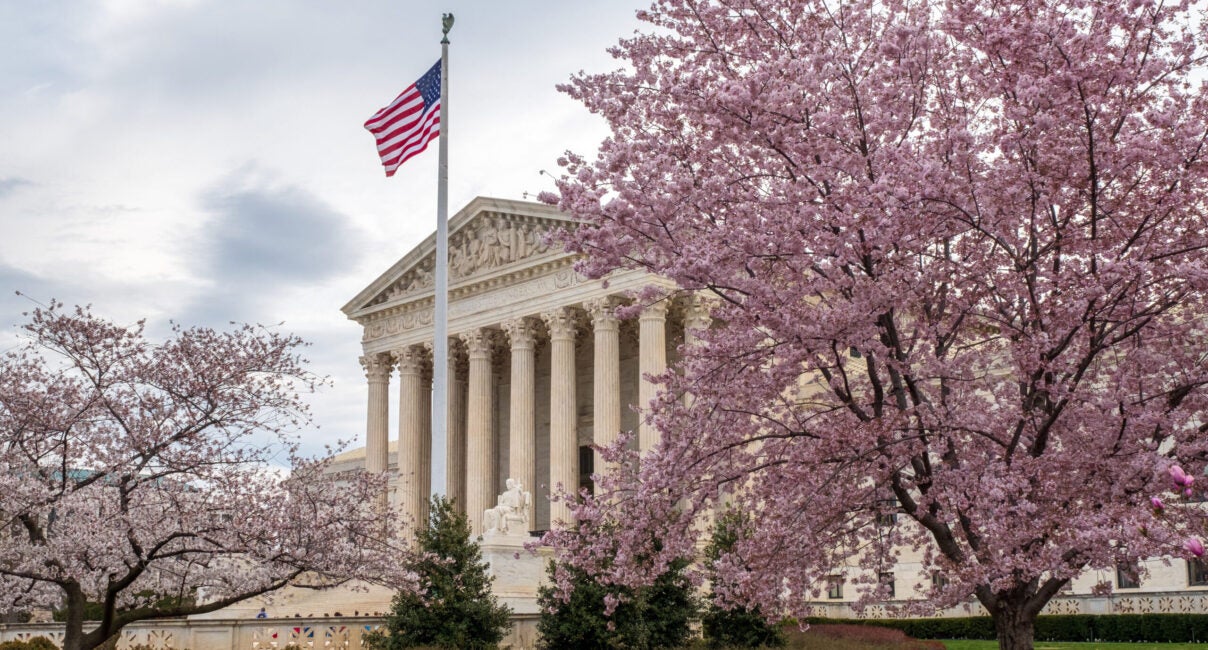
A great many of the cases heard by our nation’s courts, at every level, require the delicate parsing of subtly contradictory facts and opinions leading to a decision that, almost inevitably, will greatly benefit some people while frustrating the lives and purposes of others.
Happily, Oklahoma Statewide Charter School Board v. Drummond is not one of those cases.
Drummond essentially comes down to this: Oklahoma families should have as many good educational opportunities as possible. The state’s charter school board has determined that St. Isidore of Seville—a new Catholic charter school—meets all the necessary qualifications to be added to those learning options as an Oklahoma charter school.
Oklahoma Attorney General Gentner Drummond, however, objects. Drummond will be arguing Wednesday before the Supreme Court that, as a religious school, St. Isidore should not receive charter school funding, primarily because granting it, to his mind, would violate the establishment clause of the First Amendment. Giving state funds to and contracting with a Catholic school, he contends, will make that school an instrument of the government and present Catholicism as the state religion.
Actually, it won’t. And we’ll be defending the state board’s decision, arguing that the Constitution and the U.S. Supreme Court’s own recent cases make it clear that states can’t categorically exclude religious institutions from participating in public programs that are open to other private entities.
So we’re asking the Supreme Court to uphold the First Amendment, end this religious discrimination, and open these educational opportunities to families who desperately need it.
St. Isidore is a private, religious, nonprofit organization founded by two Catholic dioceses. It’s operated by a privately selected board that sets the school’s curriculum, establishes its policies, and makes its operational decisions. It contracts with the state and receives per-pupil state funding. But the government neither creates nor controls St. Isidore’s day-to-day operations.
Meeting all requirements to operate as a charter school, St. Isidore offers a high-quality education for any family that chooses it. And while the state board knew Oklahoma law excluded schools sponsored by religious groups from its charter school program, the board members also realized that such an exclusion violates the First Amendment.
So the board approved St. Isidore’s application—whereupon the attorney general sued them.
The board, however, had it right. In three cases over the last eight years, the Supreme Court has affirmed that when a state creates a generally available public program and invites private groups to participate—but then excludes religious organizations—it violates the free exercise clause. The court has described that as “odious” religious discrimination.
What’s more, the Supreme Court has said that establishing a contract between the government and a privately operated school—even when the government provides 99% of the school’s funding—doesn’t make that school an instrument of the government, which is a good thing, for both parties.
Conforming religious groups to the government’s agenda would unnecessarily—and uncharitably—complicate the good work schools like St. Isidore (and many other religious organizations) are doing in their communities. The government, meanwhile, doesn’t have to tie itself to any specific religious affiliation.
There are other benefits, for everyone: St. Isidore’s receipt of state funds hinges on parents sending their kids there. If no parent chooses St. Isidore, its state aid would be zero. On the other hand, parents who do enroll their children can redirect their tax dollars to fund the kind of education they want their children to have rather than the cultural indoctrinations so many public schools are pushing these days.
Best of all, though, charter schools like St. Isidore offer more parents more good options for their children: the choice of a school even low-income families can afford, with potential for much higher academic success than what is being seen in Oklahoma’s public schools. The latter will always be the primary go-to for most families, but competition with successful charter schools could nudge public schools to make some crucial improvements. And religious private schools will offer a more faith-specific learning environment for families who want that and can afford it.
In short, charter schools offer Oklahoma parents an important option that poses no threat to any other institution of learning, public or private, and no threat to the secular sanctity of state government. And it’s an option thoroughly protected by long-standing legal precedent and the U.S. Constitution.
That’s a lot of wins and no downside for the people of Oklahoma and families all over the country.
We publish a variety of perspectives. Nothing written here is to be construed as representing the views of The Daily Signal.
The post Oklahoma Case Offers Supreme Court Chance to Benefit Families appeared first on The Daily Signal.
Originally Published at Daily Wire, Daily Signal, or The Blaze
What's Your Reaction?
 Like
0
Like
0
 Dislike
0
Dislike
0
 Love
0
Love
0
 Funny
0
Funny
0
 Angry
0
Angry
0
 Sad
0
Sad
0
 Wow
0
Wow
0
